Sport
Reactions to Burna Boy’s apology have been mixed, with many Nigerians taking to social media to air their views.
Social media in Nigeria is buzzing following an apology issued by Grammy Award-winning Nigerian artist Burna Boy this week.
The singer, known for his genre-defying music and bold statements, has formally addressed controversial remarks he made in 2023 criticising Afrobeats—a genre widely seen as the heartbeat of contemporary African music.
In a 2023 interview with Apple Music ahead of his seventh studio album, I Told Them, Burna Boy sparked outrage among fans when he described Afrobeats as lacking depth.
“Afrobeats, as you people call it, is mostly about nothing. There's no substance to it, and nobody is talking about anything. It's just about having a great time,” Burna Boy said at the time.
Contradiction
His music—steeped in Afrobeat, reggae, dancehall, and hip-hop—often transcends categorisation. But while Burna Boy has worked to carve a unique space for himself outside the conventional definitions of Afrobeats, his career trajectory has deeply benefited from the global appetite for the Afrobeats genre.
Critics argue that to dismiss Afrobeats as having “no substance” is to bite the hand that helped shape his success.
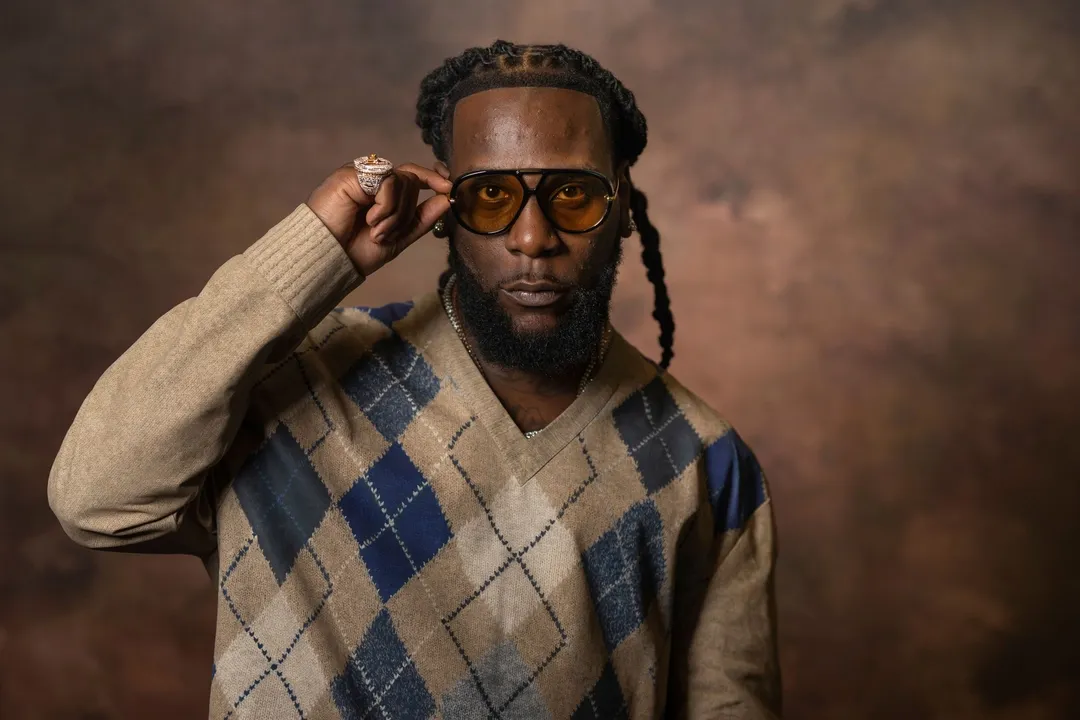
In his interview with 1Xtra's Eddie Kadi earlier this week, Burna Boy offered an apology, clarifying his earlier comments.
“I didn’t understand why everybody wanted my music to be in one box. I didn't understand that we needed an umbrella tag for what we were doing to actually get somewhere. If I understood this then, I would have gone about it differently because why would I want to destroy what I am building? I apologise for that confusion,” he said.
Fan reactions divided
Reactions to Burna Boy’s apology have been mixed, with many Nigerians taking to social media to air their views.
Fans like John Chibuike Ikokwu Nwakanma on Facebook questioned the timing of the apology:
"Yeah... blame it on confusion; you just wanted to integrate yourself there so bad you had to make such statements. You can't be that confused from 2023–2025 with the team you have... Just allow us enjoy your music, stop trying to open old wounds."
Others, like Stevie Nii-Adu Mensah, on Facebook, defended Burna’s earlier message, echoing his criticism of Afrobeats.
“Commercial Afrobeats lack substance. There, I rephrased it. Just like commercial rap, rock, and pop. Most deep and eye-opening music would be found in the non-commercial section.”
Some fans also in support took the opportunity to reassert Burna Boy’s musical identity outside of the Afrobeats label. Godspower Musa on X wrote, “The fact is he is Afro fusion, not Afrobeat.”
Another X user, Zulfiqar Ali, however, sees it from a reconciliatory perspective, writing. “It's great to see him embracing Afrobeats again! Unity in music is always a win.”
Between artist and controversy
Born Damini Ebunoluwa Ogulu in Port Harcourt, Burna Boy rose to prominence with his 2012 breakout single, Like to Party. Often described as a musical alchemist, he blends Afrobeat, reggae, dancehall, and hip-hop into a unique sound he calls Afro-fusion.
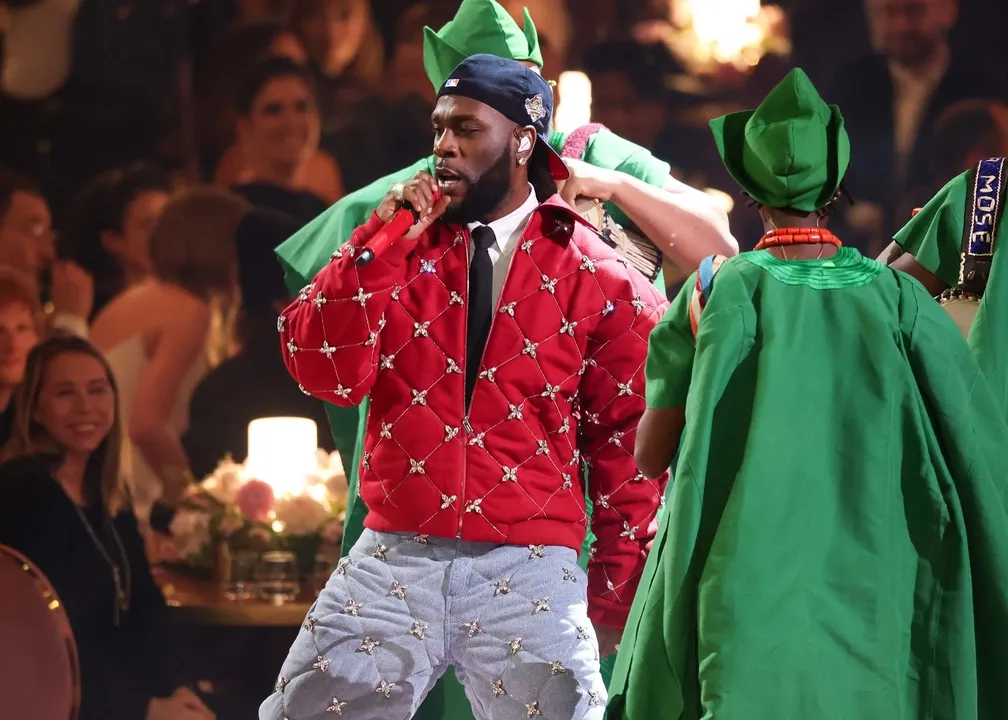
He has earned international acclaim with hits like Ye, Anybody, and Last Last and made history in 2021 by winning the Grammy Award for Best Global Music Album with Twice as Tall.
He’s since performed at iconic venues like Madison Square Garden and sold out stadiums across Europe and Africa, cementing his position as one of Africa’s biggest global exports.
Yet, Burna Boy’s career has not been without controversy.
Burna Boy says he's learnt from the backlash that comments that drive divisions within the African music community could derail the collective progress African artists have made in gaining global recognition.
“I now understand that we need this Afrobeats tag and that genres like R&B and hip hop wouldn’t have gone this far globally if their beginnings were like this with so much divisions and separations,” he said.
Despite these controversies, Burna Boy remains a compelling figure in global music from Africa. Entertainment observers say Burna Boy’s recent apology, though overdue for some fans, could be a moment of growth for an artist who has always resisted being boxed in—by genre, geography, or opinion.
Comments
No comments Yet










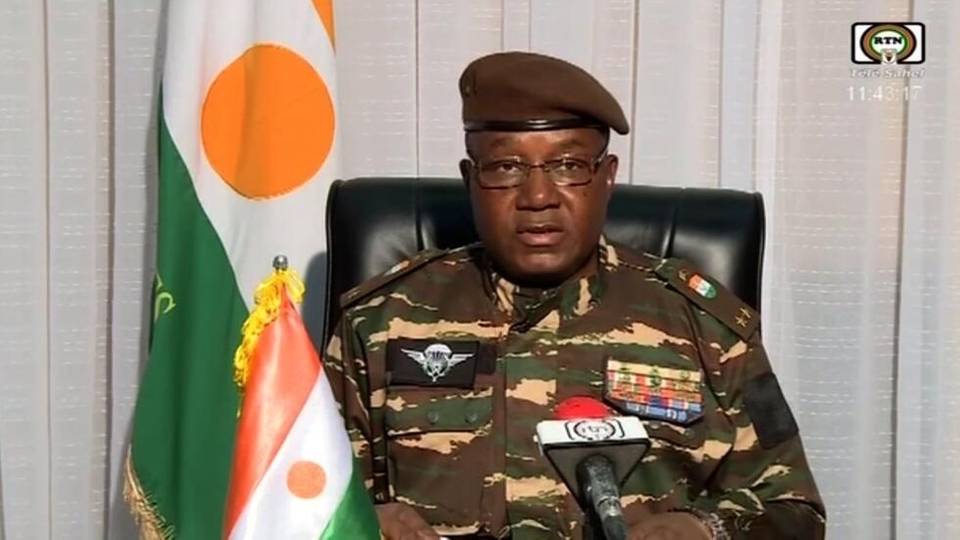
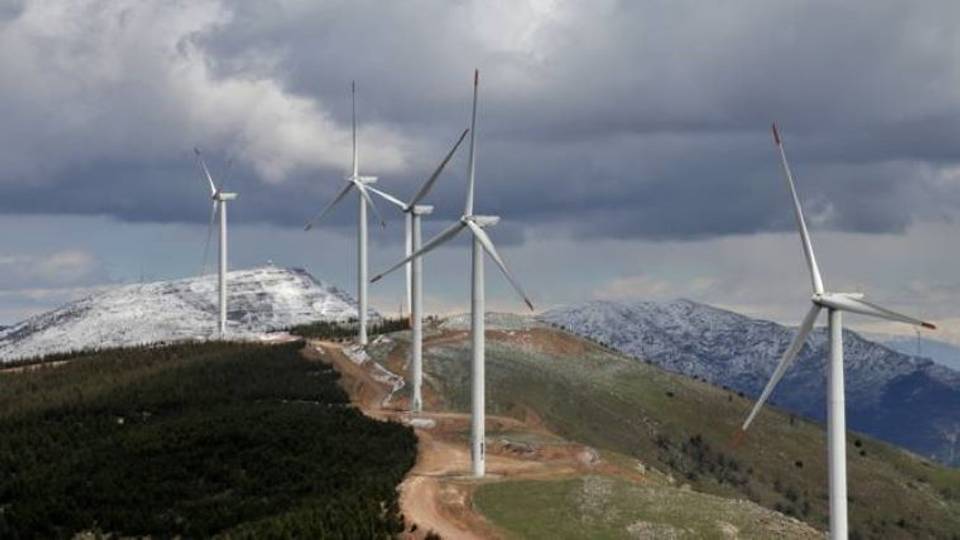
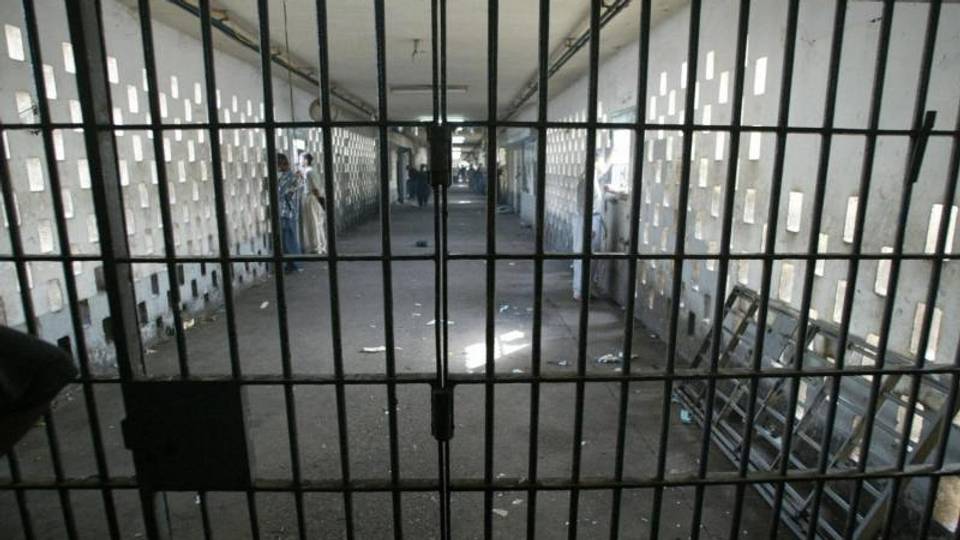



Comment